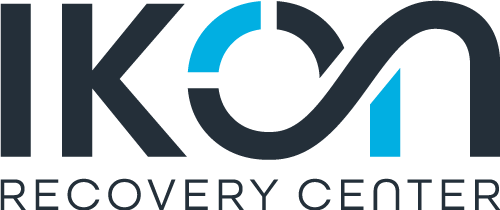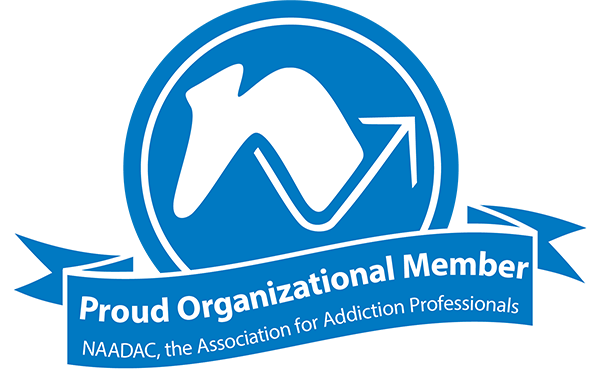Break free from addiction with Ikon Recovery with our unique and personalized treatments. Our yoga therapy offerings are designed to provide a holistic approach to addiction treatment and take place in a serene environment designed to nurture your physical, mental, and emotional well-being.
Yoga Therapy
For Addiction
Rediscover Your Strength with Yoga Therapy For Addiction at Ikon
Nourish the Body and the Mind with Yoga
For Substance Abuse Recovery
What Is Yoga Therapy For Addiction?
Yoga therapy is a holistic, mind-body approach targeting your physical, emotional, and mental well-being.[1] Utilizing movement, mindfulness, meditation, and breathing exercises, this practice aims to enhance relaxation, alleviate stress, and complement your other treatment components.[2]
Yoga therapy is typically conducted by certified yoga practitioners who have completed specialized training in both traditional yoga practices and therapeutic applications. These professionals often work in collaboration with healthcare providers, psychologists, or rehabilitation specialists to integrate yoga techniques into comprehensive treatment plans. These plans are tailored to an individual’s specific physical, emotional, or mental health needs.
At Ikon Recovery, we embrace the uniqueness of every individual on their recovery path. Our yoga therapy offerings, among other innovative modalities, are tailored to your specific needs for the recovery process. We’re committed to providing treatment that extends beyond the traditional approach because your journey is one of a kind, and so is our approach.
How (and Why) Yoga Therapy For Addiction Works
Yoga therapy for addiction serves as a powerful adjunct to our other recovery methods, incorporating the ancient practice’s mind-body philosophy. By seamlessly intertwining physical postures, mindful breathing, and self-awareness techniques, this holistic approach addresses the multifaceted aspects of addiction by cultivating a deeper understanding of the connection between mental well-being and physical health.[3]
In addition to cultivating mind-body synergy, yoga therapy for addiction also enhances emotional regulation and resilience.[4] Yoga and movement provide individuals with valuable tools to navigate the complexities of addiction recovery by encouraging a mindful exploration of their underlying emotions and stressors, creating a sense of balance, self-awareness, and empowerment in the recovery process.
Additionally, yoga therapy for addiction carries several benefits:
Enhancing your coping skills:
Individuals learn effective coping mechanisms to manage triggers and cravings to carry with them throughout their recovery
Mindful breathwork:
Yoga teaches individuals to use their breath as a tool for emotional regulation and focus
A community connection:
Group yoga sessions foster a sense of community and support among participants
A better sense of movement:
Integrating movement empowers individuals to reclaim a positive connection with their bodies
Stress-reduction techniques:
Beyond postures, participants gain stress-relief strategies applicable to their daily life.
Along with yoga therapy, Ikon offers several personalized treatments for addiction and co-occurring issues. We’ve created a supportive environment for your comprehensive well-being—a place where we can help you reclaim a life of balance and vitality. Ikon prioritizes your individual needs with person-centered, comprehensive treatment plans that empower you to thrive.
The Efficacy of Yoga Therapy For Addiction
Engaging in yoga regularly has been shown to boost your strength, endurance, and flexibility.[5] Consistent yoga practice brings about increased self-awareness and can enhance your energy levels, creating a physical state that counteracts our natural stress response.[6]
In the context of addiction therapy, the efficacy of yoga extends beyond its physical benefits. Research suggests that incorporating yoga therapy into addiction treatment can aid individuals in cultivating essential life skills such as self-control, resilience, and emotional regulation.[7] By promoting mindfulness and introspection, yoga therapy becomes a powerful tool for breaking the cycle of addiction, providing individuals with the tools to navigate their challenges.
Yoga Therapy For Addiction at Ikon
At Ikon Recovery, we recognize the transformative potential of yoga for addiction and co-occurring conditions. Our specialized program intertwines the ancient wisdom of yoga with evidence-based addiction treatment to create a comprehensive approach to recovery.
Through regular engagement in yoga, individuals experience not only physical benefits such as increased strength and flexibility but also cultivate essential life skills, fostering a holistic and sustainable path toward breaking free from addiction.
Treating Addiction
Frequently Asked Questions about Yoga Therapy For Addiction
What if I've never practiced yoga before? Can I still participate in Yoga Therapy for Addiction?
Absolutely. You don’t need to be a yoga expert to enjoy its benefits—yoga therapy is designed to be inclusive and accessible to all, regardless of your previous experience level. Our instructors are skilled in guiding individuals through the practice, ensuring a supportive and comfortable environment for beginners.
How often do I need to engage in Yoga Therapy sessions for optimal results in addiction recovery?
The frequency of yoga therapy sessions can vary based on individual preferences and treatment plans. Many find benefit in regular sessions, whether it’s a few times a week or more. Consistency is key, and our instructors work with individuals to create a schedule that aligns with their recovery goals.
Can yoga therapy be used as a standalone treatment for addiction, or does it complement other therapies?
Yoga therapy is used as a complementary approach alongside evidence-based addiction treatments. It enhances the overall recovery process by addressing physical, mental, and emotional wellness, providing a well-rounded and holistic treatment plan.
Can yoga therapy address the emotional aspects of addiction?
Yoga therapy for addiction integrates mindfulness and breathwork, creating a space for individuals to explore and manage their emotions. The practice encourages self-reflection, aiding in emotional regulation and helping individuals build resilience in the face of addiction challenges.
Can yoga therapy help with relapse prevention?
Yoga therapy can certainly play a valuable role in aiding relapse prevention. By fostering mindfulness, stress reduction, and coping skills, individuals develop the tools needed to navigate triggers and cravings, reducing the risk of relapse and promoting a sustainable long-term recovery.
Sources
[1] Contemporary Definitions of Yoga Therapy – International Association of Yoga Therapists (IAYT). (n.d.). Www.iayt.org. Retrieved from https://www.iayt.org/page/ContemporaryDefiniti on November 16th, 2023
[2] Cabral, P., Meyer, H. B., & Ames, D. (2011). Effectiveness of Yoga Therapy as a Complementary Treatment for Major Psychiatric Disorders. The Primary Care Companion for CNS Disorders, 13(4). Retrieved from https://doi.org/10.4088/pcc.10r01068 on November 16th, 2023
[3] Reddy, S., Dick, A. M., Gerber, M. R., & Mitchell, K. (2014). The Effect of a Yoga Intervention on Alcohol and Drug Abuse Risk in Veteran and Civilian Women with Posttraumatic Stress Disorder. The Journal of Alternative and Complementary Medicine, 20(10), 750–756. Retrieved from https://doi.org/10.1089/acm.2014.0014 on November 16th, 2023
[4] Khanna, S., & Greeson, J. M. (2013). A narrative review of yoga and mindfulness as complementary therapies for addiction. Complementary Therapies in Medicine, 21(3), 244–252. Retrieved from https://doi.org/10.1016/j.ctim.2013.01.008 on November 16th, 2023
[5] American Osteopathic Association. (2018). Benefits of Yoga. American Osteopathic Association. Retrieved from https://osteopathic.org/what-is-osteopathic-medicine/benefits-of-yoga/ on November 16th, 2023
[5] Woodyard, C. (2011). Exploring the therapeutic effects of yoga and its ability to increase quality of life. International Journal of Yoga, 4(2), 49–54. Retrieved from https://doi.org/10.4103/0973-6131.85485 on November 16th, 2023
[6] Kuppili, P. P., Parmar, A., Gupta, A., & Balhara, Y. P. S. (2018). Role of Yoga in Management of Substance-use Disorders: A Narrative Review. Journal of Neurosciences in Rural Practice, 9(1), 117–122. Retrieved from https://doi.org/10.4103/jnrp.jnrp_243_17 on November 16th, 2023
